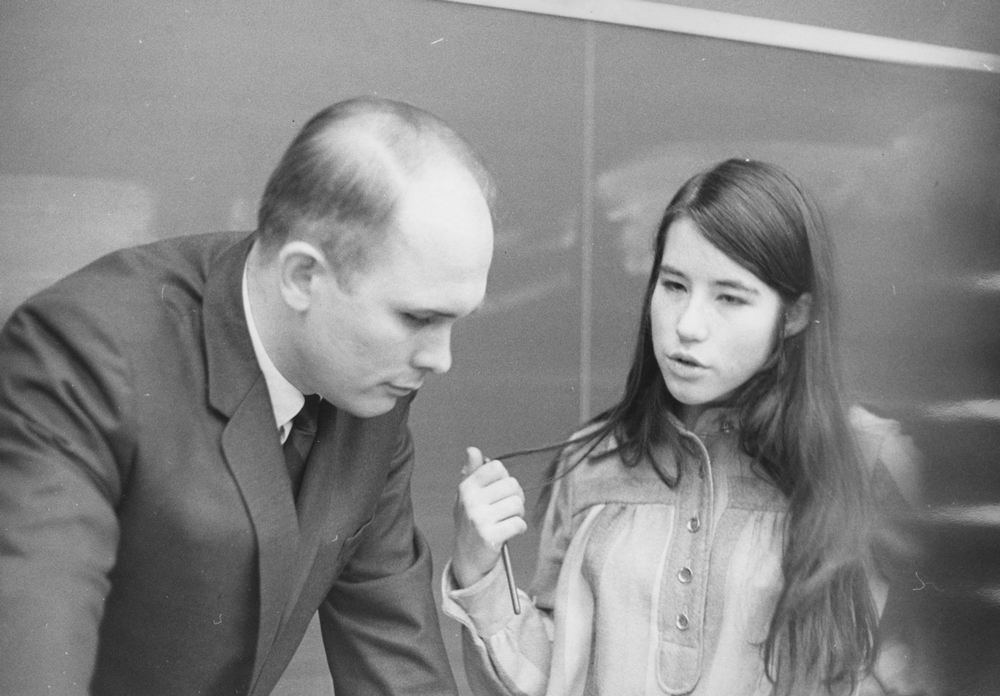Two students will meet with President Robert Zimmer and Nim Chinniah, the University’s Chief Financial Officer, on Wednesday to discuss two new proposals to create new ethical standards for the University’s investment decisions.
One proposal recommends that the University send forms to its 200 investment managers asking them how they evaluate assets based on social, environmental, and governmental factors in addition to those of profitability.
A second proposal would invest a small portion of the University’s endowment into a Community Development Financial Institution (CDFI), which would focus on traditionally under-served populations.
“The investment would only need a very small portion of the endowment. By putting the money into a CDFI, you can bring a lot of capital into surrounding communities but also avoid financial risks,” fourth-year Caitlin Kearney, one of two students meeting with Zimmer and Chinniah, said.
The original proposal, which was overwhelmingly supported in a campus-wide referendum last spring, sought to establish a committee consisting of students, faculty, and administrators to oversee the University’s investments. The committee would have been responsible for determining ethical policies to guide the University’s financial decisions.
Political motivations doomed that proposal when the University invoked the Kalven Report, a guiding document which commits the University to a policy of political neutrality.
“The idea behind the proposal is to engage in socially responsible investing, but also to move away from the highly controversial discussions that were embedded in the previous proposals,” Undergraduate Liaison to the Board of Trustees and fourth-year Nakul Singh said. “The University wouldn’t be taking any political stance by asking these questions, and the [CDFI] policy would further the university’s mission because we’re disseminating knowledge and encouraging critical inquiry.”
Kearney and Singh are already looking beyond their meeting with administration members on Wednesday. They plan on hosting a teach-in, getting speakers from the national Responsible Endowment Coalition, recruiting more students, and partnering with RSOs that have aligned goals.
“We caught the administration’s attention with the initial referendum. This is something students are interested in talking about,” Kearney said. “Most universities have been very responsive to things like transparency and community investment, and we’re hoping to engage everybody with these proposals.”








